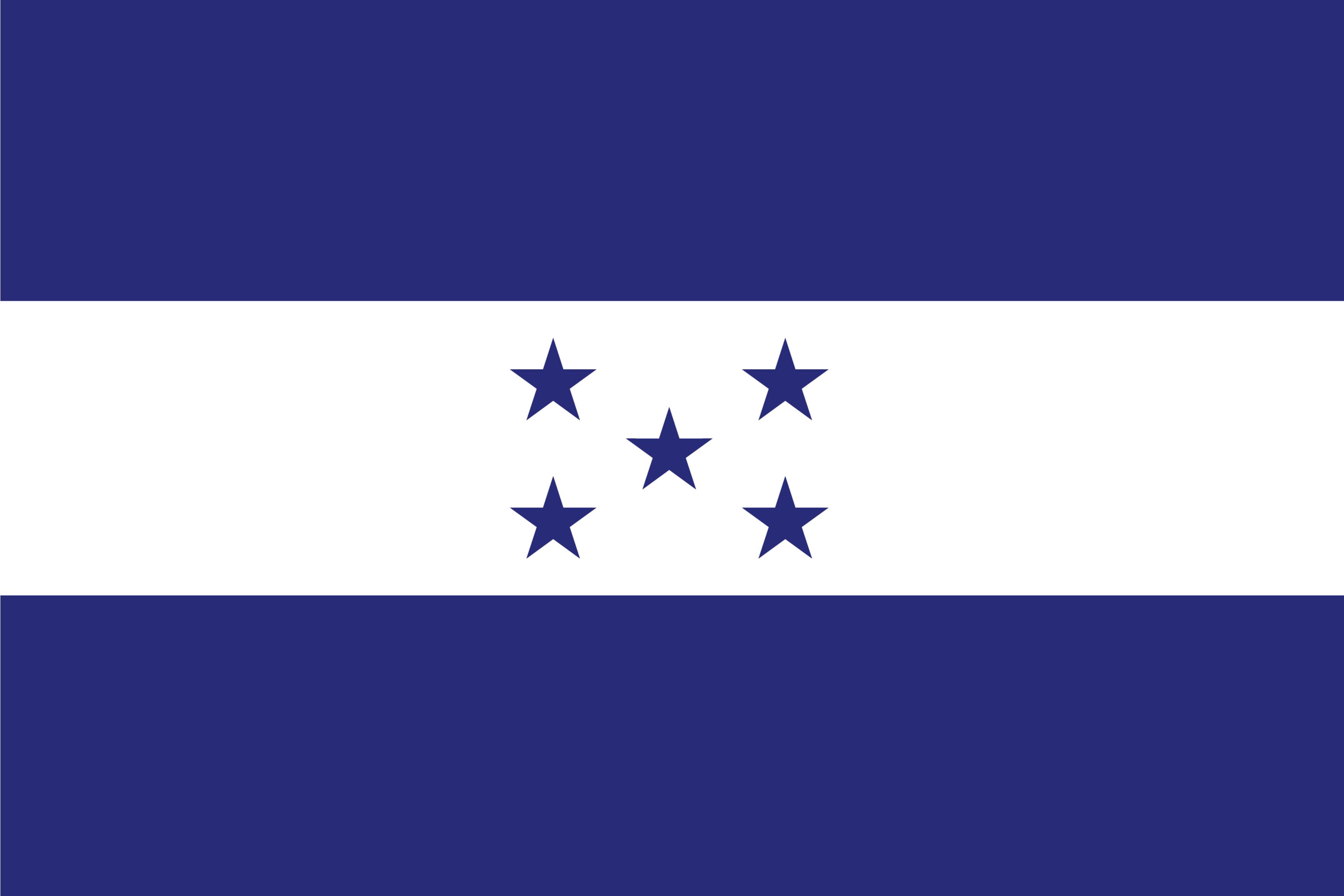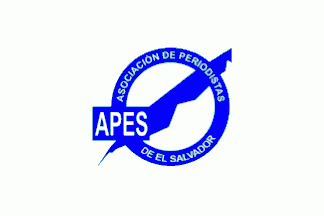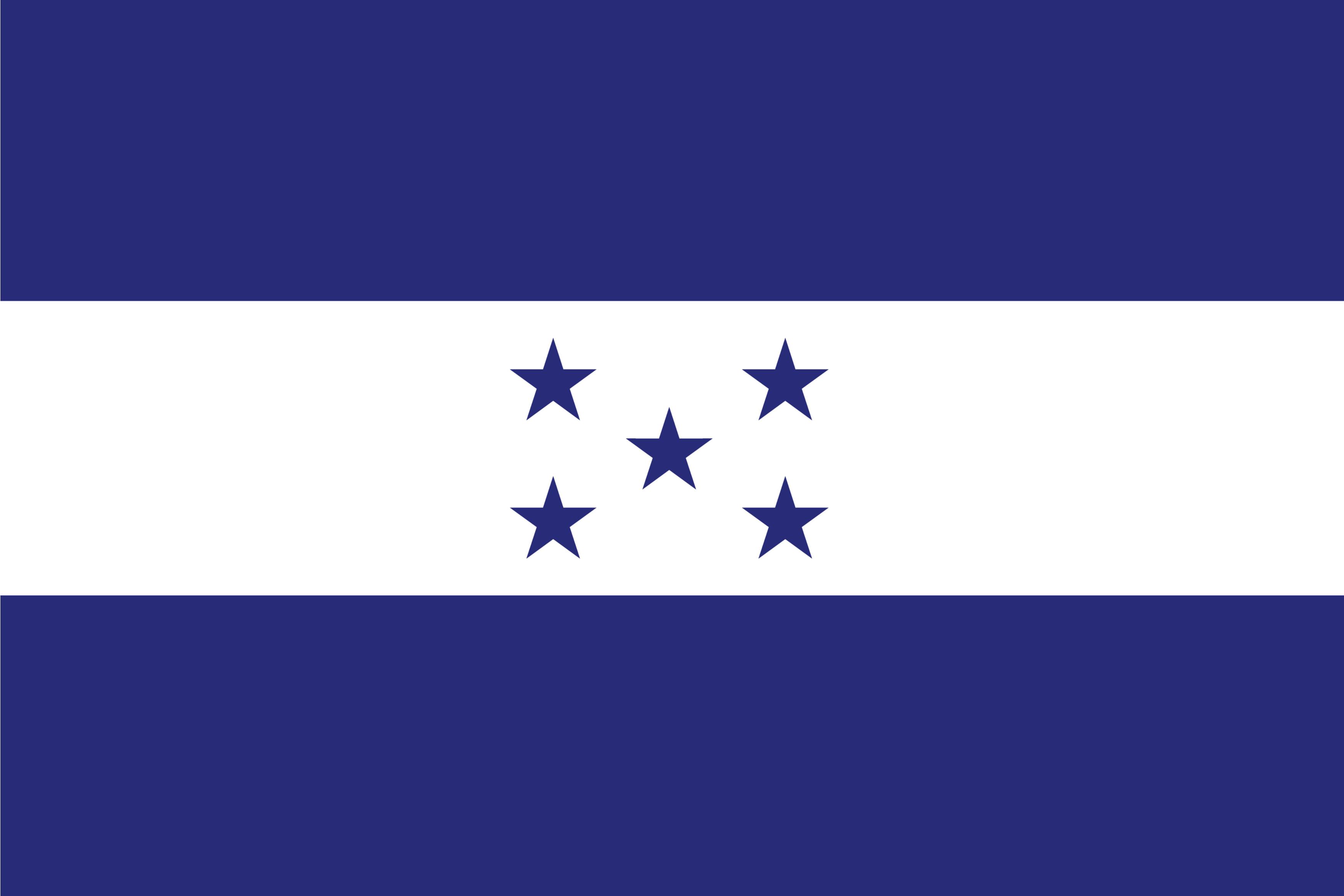Many of us in Cleveland had the opportunity to meet water defender Reynaldo Domínguez when he spoke at our Liberation Lab on April 22, 2023. We are sad to report that his brother, environmental defender Oqueli Domínguez, was brutally killed last week.
On Thursday June 15, Oqueli was shot by an unidentified gunmen from a motorcycle in front of his family home in Tocoa, northern Honduras. For years the Domínguez family and other environmentalists have been in the crosshair of corporate violence for their activism. Just 6 months ago, in January of 2023, Aly Domínguez, Reynaldo's other brother, and Jairo Bonilla were killed on their way from from La Concepción and Guapinol.
So far the local police have not commented on the case, but Reynaldo has stated that the police are trying to frame the attack as a robbery. Reynaldo opposes this downplaying of a most likely politically motivated assassination, saying that the family has nothing of value in their house and pointed at the fact that Oqueli was targeted directly, and separated from his family. Oqueli, together with Reynaldo, his brother Aly and Jairo Bonilla were active in the opposition to an iron oxide mine in the Carlos Escaleras National Park. Together with local environmental groups, the activists have protested the legality of the mining project as well as the damage it will do to the Guapinol and San Pedro rivers.
Honduras is known for being the most dangerous country for environmental defenders, as it provides massive power to corporations and a justice system in which impunity prevails. To find a solution for the ongoing conflict, experts of the Inter-American Commission on Human Rights have met with authorities as well as activists. In its final report, the Inter-American Commission on Human Rights has articulated its deep concerns about the fact that environmental defenders are a common target of violence. So far eight environmental defenders have been killed in 2023 alone.
As IRTF we deeply condemn the killing of Oqueli and the ongoing attacks on activists around Honduras. We also want to offer our condolences to Reynaldo and the all other members of the the Domínguez family.
For more information on the case, read our RRN Letter: Honduras 6/15/2023





